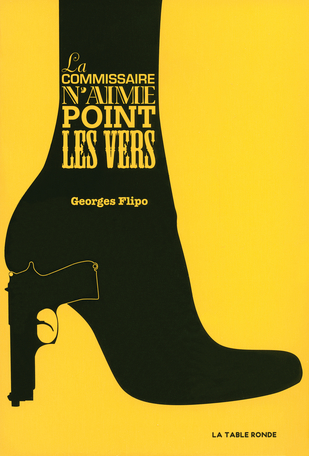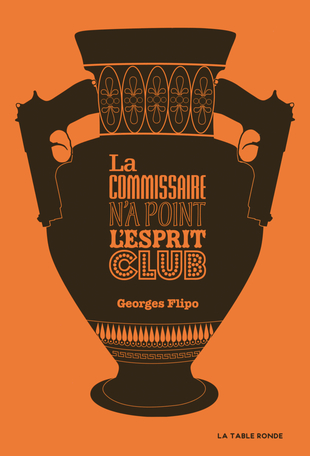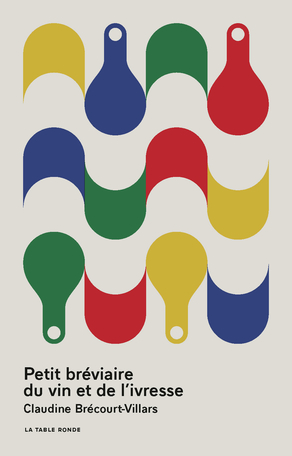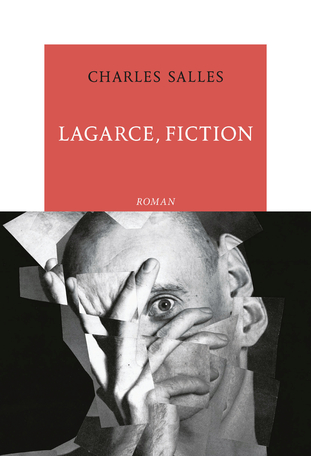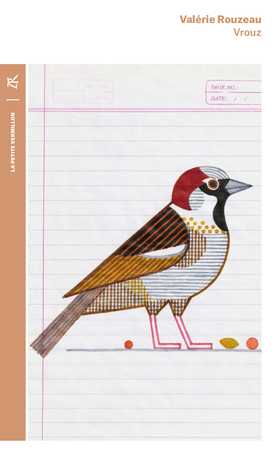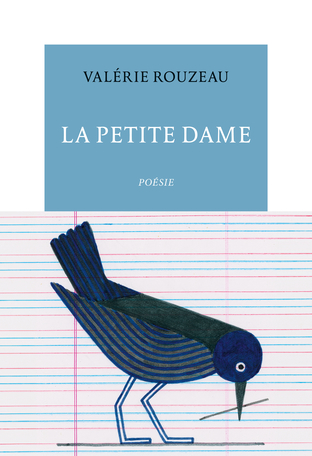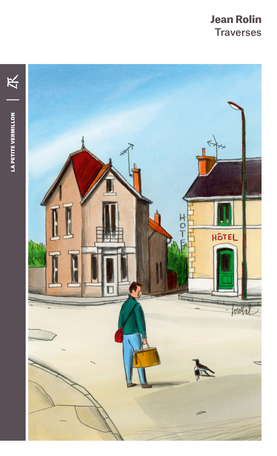La commissaire n'aime point les vers
Sélection du prix POLAR 2010.
Flanquée de son ingénu lieutenant, Viviane Lancier plonge dans une enquête où semblent la narguer les morts, les survivants et même les revenants.
- Hors collection
- Paru le 04/02/2010
- Genre : Littérature française
- 304 pages - 140 x 205 mm
- EAN : 9782710331629
- ISBN : 9782710331629
Foreign Rights
La commissaire n'aime point les vers
Rights sold :
Germany (Blanvalet)
Italy (Ponte Alle Grazie)
Poland (Noir sur Blanc)
Spain (El Aleph)
Presentation
This detective novel stages three murders, two attempted murders and two suicides, but it remains resolutely in the genre of police comedy.
All begins when a homeless man who bares a remarkable resemblance to Victor Hugo is killed in front of the Académie française, just before handing in an erotic sonnet.
The affair falls into the hands of the ill-tempered yet goodhearted commissaire Viviane Lancier. Well into her thirties, she is constantly between two diets to which she can’t keep from making exceptions. She always has one or two chocolate bars at hand, in case of emergency. Ever since she caught her judge lover in a clinch with an alluring, young trainee lawyer, her job is her only passion. Holding it in high regard, she proves to be uncompromising, not only with her colleagues, all of whom are men, but equally with her superior. As she is better suited to action rather than reflection, she is unsettled by the case of the sonnet. She understands the penal system perfectly, but her knowledge of the literary world leaves much to be desired.
Things couldn’t be more different for the newly recruited lieutenant Augustin Monot, assigned to assist the commissaire in the case. In spite of his naivety and his particular talent for faux pas, he possesses an erudition uncommon in his line of work. In this investigation, the lieutenant is fascinated by exactly what infuriates his commissaire: the “poetic” side to the affair. Their differences in approach are a relentless source of comedy. While the commissaire searches desperately for clues on the ground, the lieutenant dissects each word of the sonnet looking for a hidden meaning.
He attributes the sonnet to Charles Baudelaire and the eye of the media falls upon him alongside the case itself.
It is not only the TV cameras that notice Augustin’s charm. The commissaire is also sensitive to it, much to her annoyance. She endeavours to exercise her authority and to intimidate the lieutenant, but he remains imperturbable and replies always with a smile.
Over time, the bodies pile up. The protagonists become more numerous, featuring an ill-at-ease collector of autographs in his fifties, his Cameroonian maid who turns out to be his loyal mistress, two graphologists arguing over the supposed Baudelaire sonnet as if it were buried treasure, a successful yet aging medium and her young, cupid lover, an improbable descendant of Baudelaire in the person of a typical countryman turned rich selling food supplements for cows. Also makes appearance the chief of the Interior Minister’s PR office, who has eyes only for Augustin, which obviously annoys Viviane even more than the young lady’s function.
So what we have is a very attaching main character, both strong and fragile; an amusing relationship which progresses from irritation to tenderness; and a French touch catalysed by some strong symbols of this culture: we are in the Paris of the Académie française, where the discovery of a great poet’s sonnet can provoke a criminal affair and focus the attention of media and power. Using a lot of humour, the book plays with this background to create both an imaginative and a legible narrative.
Georges Flipo is the author of five books among which Qui comme Ulysse (Anne Carrière, 2008) and Le film va faire un malheur (Le Castor astral, 2009).
If you are interested in publishing one of our books or wish to receive further information, you can contact:
Anna Vateva, Foreign Rights : + 33 1 40 46 71 02
a.vateva@editionslatableronde.fr
